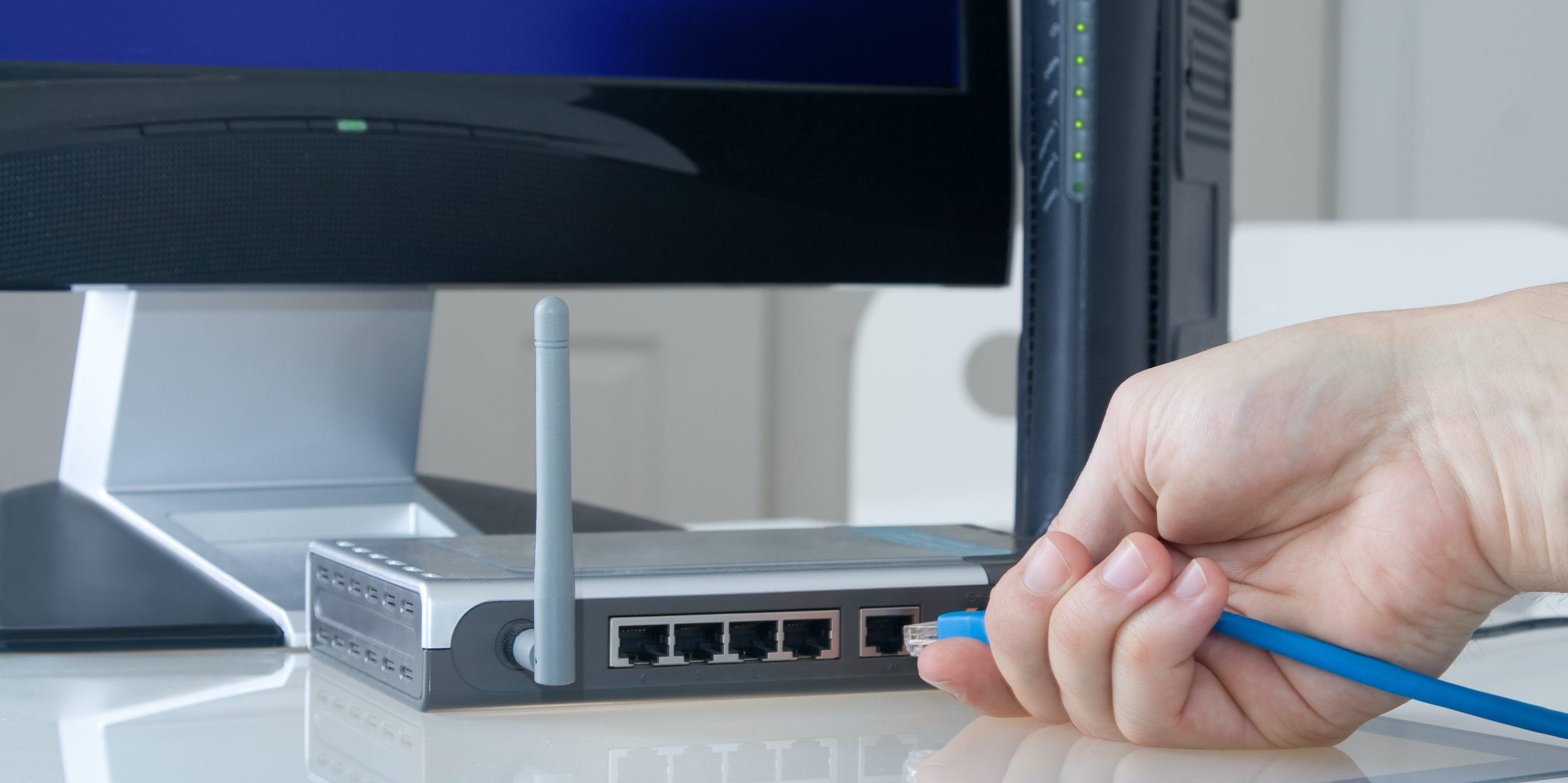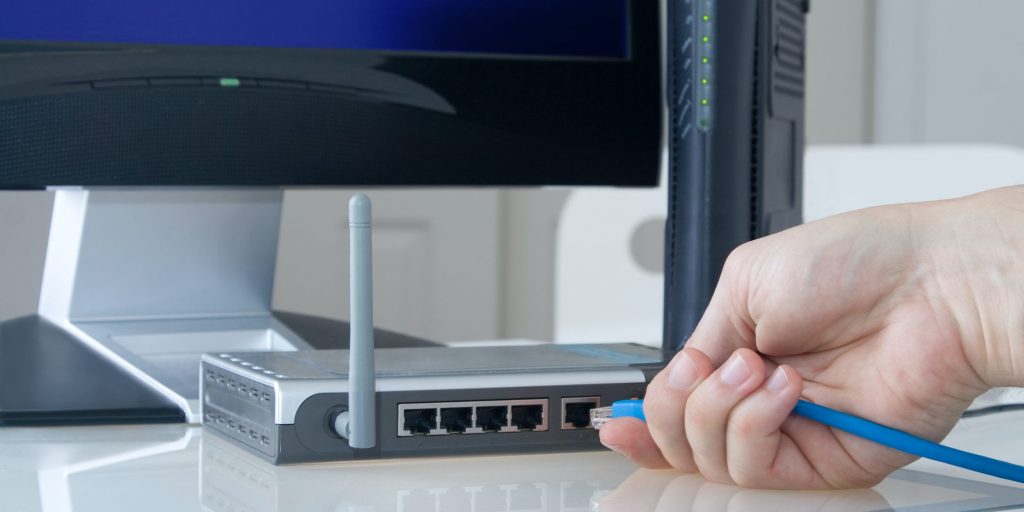
RoyalFive/Getty Images
- ISP is an acronym for internet service provider.
- In addition to receiving an internet connection from an ISP, you may also be able to access an email account and web hosting services.
- ISPs can come in many forms, like dial-up, high-speed (also called broadband), and DSL.
- Visit Insider's Tech Reference library for more stories.
If you're reading this article, you can thank an internet service provider.
What is an ISP?
Internet service providers, or ISPs, are companies or organizations that provide you with access to the internet.
ISPs can also offer other options, like web hosting and email services, and they can range in form from giant telecommunication companies to small nonprofits.
When you connect to your ISP, you join its network to access the internet – whether that's through a browser, a streaming platform, or an app on your phone. ISPs are also interconnected, and you can connect to many networks as you access different sites.
Some of the most prominent ISPs include:
- Comcast
- AT&T
- Verizon
- Spectrum
ISPs can provide Wi-Fi and Ethernet
Wi-Fi is a wireless internet connection that can be accessed through a router, while Ethernet requires a physical wire (known as an Ethernet cable) that connects your modem to your computer, TV, or video game console.
You can have an ISP that works with both. To be able to do that, you simply need a router that also has an Ethernet port. ISPs that allow for both Wi-Fi and Ethernet connections accomplish this through what's called a "mixed network."

Chalongrat Chuvaree / EyeEm/Getty Images
Using an Ethernet cable instead of Wi-Fi can also help speed up your internet access.

